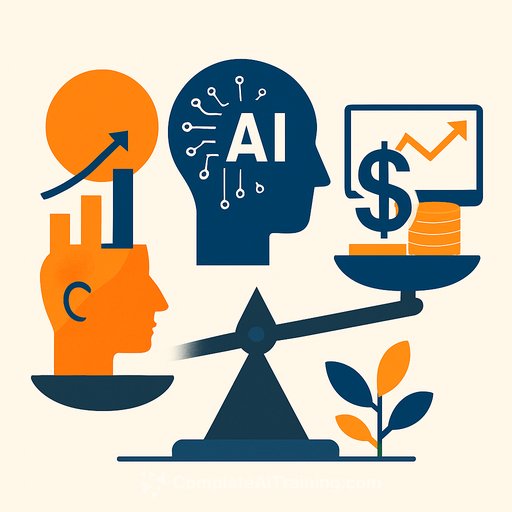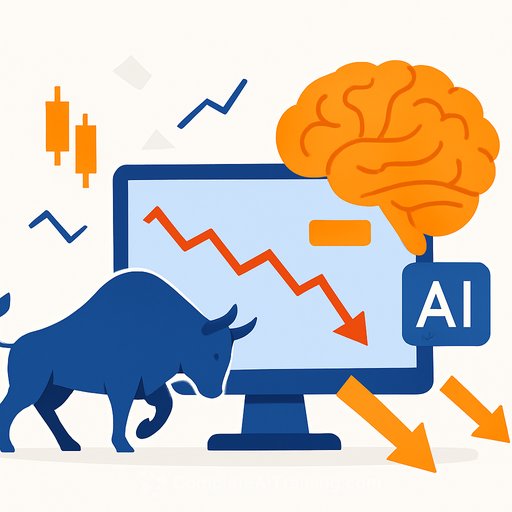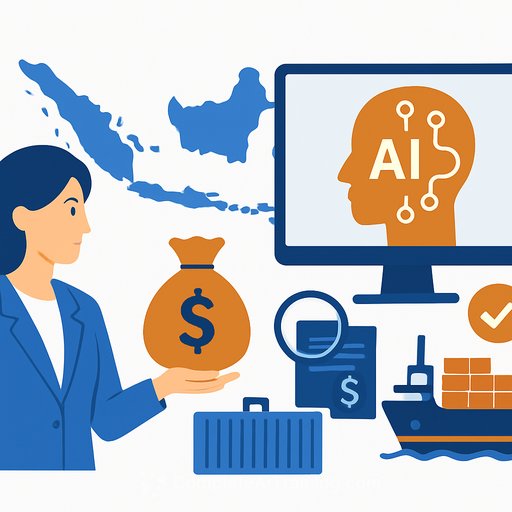AI in Finance: Speed, Scale & the Human Touch
Introduction
Artificial Intelligence (AI) is changing how finance operates by boosting efficiency, improving decisions, and offering more personalized customer experiences. Financial institutions that adopt AI can process huge volumes of data quickly, enabling smarter risk management and investment choices.
The Role of AI in Financial Services
AI has many uses in finance, including algorithmic trading, fraud detection, chatbots for customer support, and credit scoring. These tools help banks analyze market trends, spot unusual activity, and automate routine work, freeing up professionals to focus on complex decisions.
Speed and Scale
One major advantage of AI is its ability to handle massive amounts of data in real time. AI systems can review millions of transactions instantly, finding patterns that humans can’t detect. This speed improves operational efficiency and enables faster responses to market shifts and client needs.
The Human Touch
Despite AI’s capabilities, human judgment remains essential. AI provides data and insights, but financial professionals interpret these insights and make strategic calls. Their experience, intuition, and ethical perspective ensure AI tools are used responsibly and effectively.
Conclusion
Integrating AI in finance offers clear benefits but also requires balance. Leveraging technology is key to efficiency, yet maintaining the human element is vital for trust and quality service. Institutions that combine AI with skilled professionals will be better positioned for long-term success.
To expand your AI skills for finance, consider exploring specialized courses at Complete AI Training.
Your membership also unlocks:






